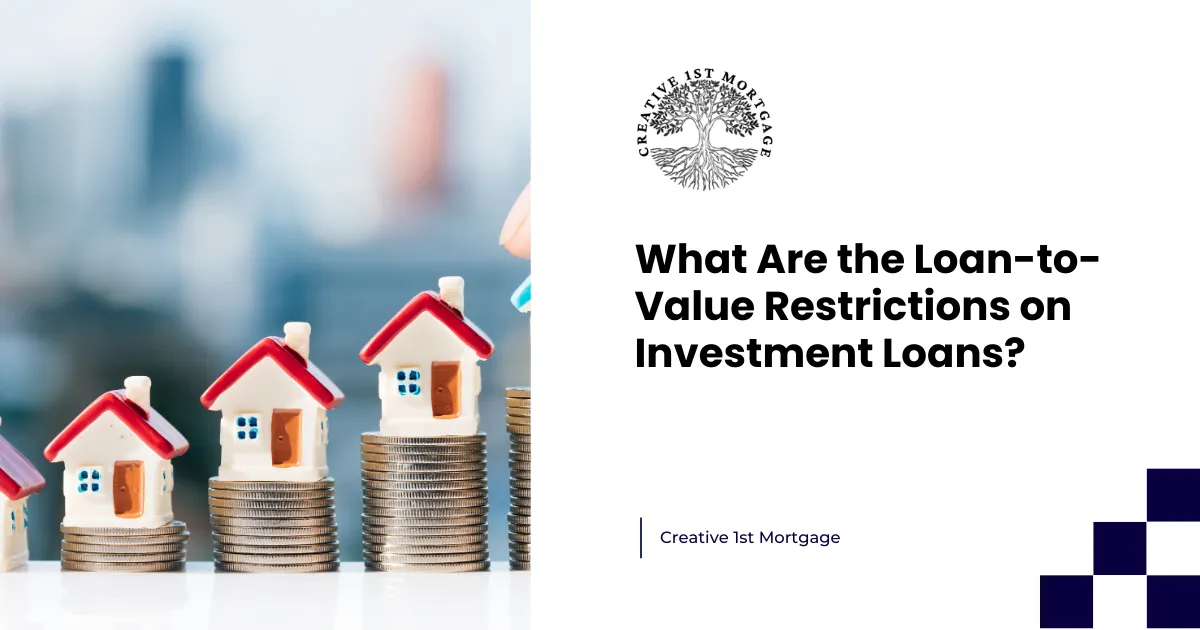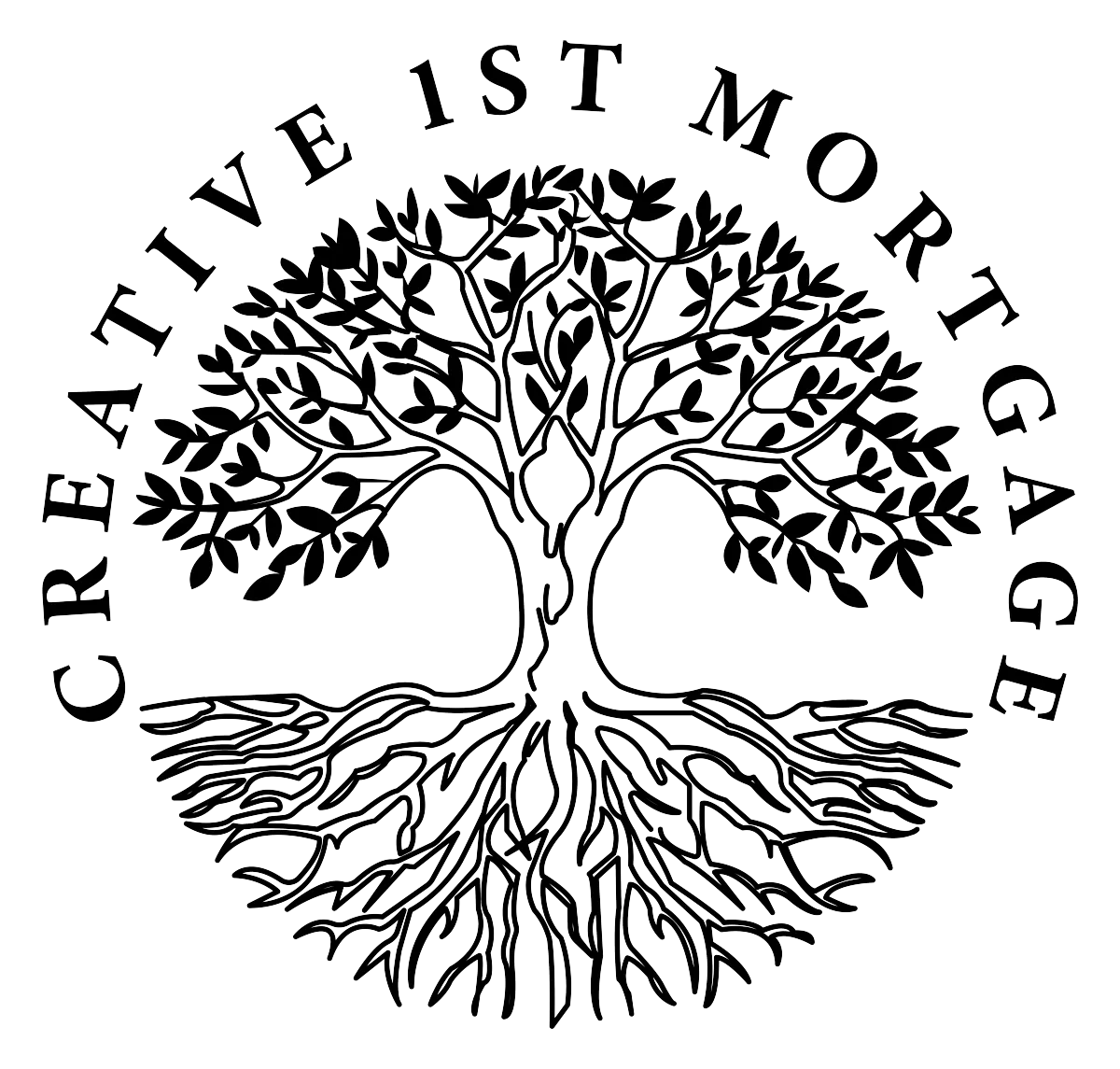
What Are the Loan-to-Value Restrictions on Investment Loans?
Understanding Loan-to-Value (LTV) in Investment Properties
Loan-to-Value (LTV) is a key factor lenders use to determine risk when financing an investment property. Unlike primary residences, investment loans have stricter LTV requirements due to the increased risk associated with non-owner-occupied properties.
In simple terms, LTV is calculated as:
LTV = (Loan Amount ÷ Property Value) × 100
For example, if an investor purchases a rental property worth $300,000 and takes out a $225,000 loan, the LTV would be:
($225,000 ÷ $300,000) × 100 = 75% LTV
Lenders set maximum LTV limits to ensure borrowers have sufficient equity in the property, reducing default risk.
Typical LTV Limits for Investment Loans
Investment property loans generally have lower LTV limits compared to primary residences. Here’s a breakdown of common restrictions:
Conventional Loans: Typically, the maximum LTV for investment properties is 75-80%. Borrowers should expect to make a 20-25% down payment.
FHA Loans: Not available for investment properties unless the borrower resides in a multi-unit home and rents out the other units. In that case, the LTV can be up to 96.5% for an owner-occupied property.
VA Loans: Only for primary residences, but investors may qualify if they live in a multi-unit property and meet VA requirements.
DSCR Loans (Debt-Service Coverage Ratio Loans): These specialized investment loans may allow 80-85% LTV, depending on the borrower’s rental income and credit profile.
Portfolio Loans & Hard Money Loans: Some private lenders offer up to 85% LTV, though terms vary based on creditworthiness and experience.
Factors That Affect LTV Restrictions
Several factors influence LTV limits for investment loans, including:
Property Type: Multi-family and condo properties often have lower LTV limits than single-family homes.
Borrower Credit Score: A higher credit score (700+) may allow a slightly higher LTV.
Debt-to-Income (DTI) Ratio: Lenders assess overall financial health before approving higher LTV loans.
Property Use: Short-term rental properties (Airbnb, VRBO) often require larger down payments.
Market Conditions: In a volatile housing market, lenders may tighten LTV restrictions.
How to Qualify for the Best LTV on Investment Loans
To secure the highest possible LTV for an investment loan:
Improve Your Credit Score: Aim for 700+ for better loan terms.
Increase Your Down Payment: A higher down payment can help secure better rates.
Show Strong Rental Income: If the property generates solid cash flow, lenders may offer better terms.
Work with an Experienced Lender: Mortgage brokers specializing in investment loans can provide more flexible options.
Final Thoughts
Loan-to-value restrictions play a crucial role in financing investment properties. While most lenders require a 20-25% down payment, alternative loan options may provide more flexibility based on credit, rental income, and lender requirements. Understanding these factors can help investors secure the best financing for their portfolio.
Need Help with Investment Property Financing?
If you're looking for expert guidance on investment loans, connect with a mortgage professional to explore your best options!
References:
Fannie Mae Investment Property Loan Guidelines: https://www.fanniemae.com
Freddie Mac Mortgage Guidelines: https://www.freddiemac.com
FHA Loan Handbook: https://www.hud.gov




